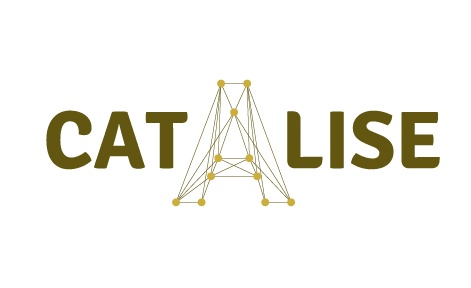Summary:
The identification and understanding of dynamics and alternative responses to the processes of social and economic development that have been rooted in the non-sustainability of energy resources, the drastic reduction of welfare and the increasing socioeconomic inequalities, are of unequivocal relevance.
In this context, new local trials based on new values, new strategic and continuous learning by situated experience are shaping in various territories all over the world. Concepts such as "localization" (Hines, 2000), "transition towns / Transition Initiative" (Hopkins, 2008), Permaculture (Mollison & Holmgren, 1978; Mollison, 1988; Holmgren, 2002), sharing economy, among others, embody practices, projects and local movements, of rural and urban nature, anchored in principles of bottom-up participation, local governance, innovation, cooperation and community resilience. Still, despite the many experiences and existing projects in Portugal in different areas (many of which can be seen on the platform Converge Network: http://www.redeconvergir.net), the sharing of learning’s arising from such experiments and the consequent possibility of results and practices dissemination is somewhat less assured.
The project CATALISE thus aims in general terms to:
A) contribute to deepening indicators, methodologies/tools for dissemination of experiences of community development, sustainable/ecological and alternative economy, in the Portuguese context, as well as
B) promote sharing processes, knowledge mobilization and appropriation of this proximity knowledge, by people in vulnerable situations, as well as the quality of life improvement of people from diverse contexts, creating a convergence program and exchange of knowledge that allows the access to new forms of consumption and production/ co-production, to new local livings and to a new sense of welfare.
Funding Institution:
Calouste Gulbenkian Foundation.
Partners:
Ce3C - CCIAM, FFCUL e CICS-Nova, FCS.

